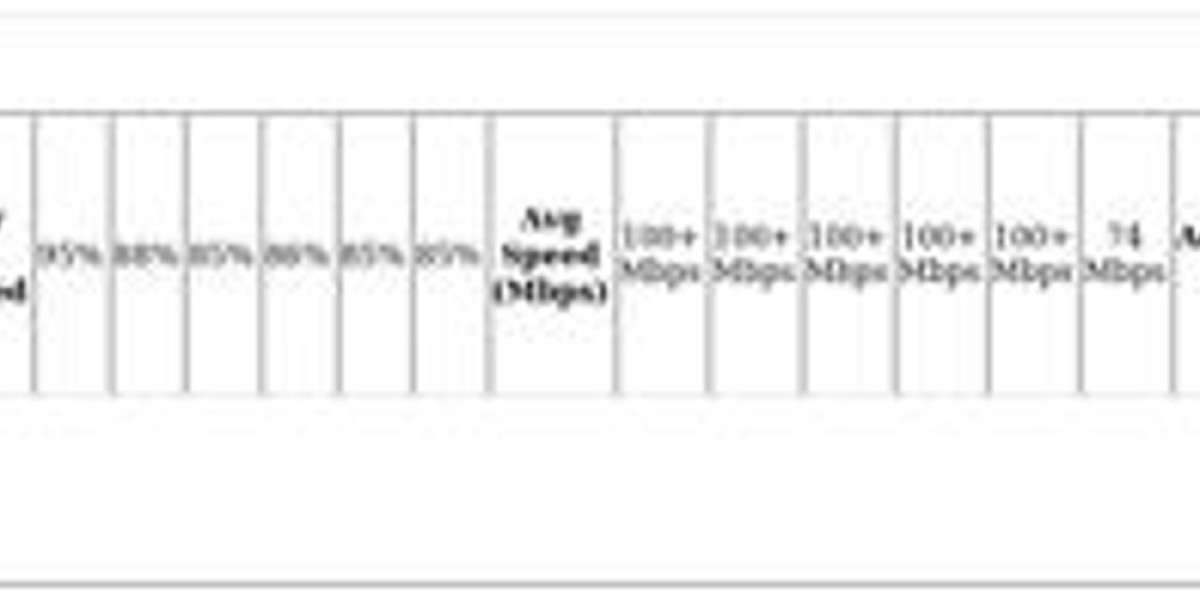In an era where environmental and social consciousness defines corporate success, organizations can no longer rely on manual methods to manage and disclose their sustainability performance. The increasing global emphasis on transparency and accountability has made it essential for companies to adopt advanced software for sustainability reporting. These digital tools simplify data management, improve accuracy, and enhance the quality of sustainability reports — enabling companies to meet stakeholder expectations and regulatory demands efficiently.
Understanding Sustainability Reporting
Sustainability reporting refers to the process of disclosing an organization’s environmental, social, and governance (ESG) performance. It encompasses a broad range of metrics, from carbon emissions and energy use to labor practices and community engagement. Traditionally, many organizations relied on spreadsheets or fragmented systems to compile sustainability data. However, as regulations become stricter and data sources expand, manual methods often lead to errors, data silos, and inefficiencies.
This is where sustainability reporting software plays a transformative role. It allows businesses to collect, analyze, and present sustainability metrics accurately, providing a centralized platform for ESG data management and disclosure.
Why Sustainability Reporting Matters for Corporate Accountability
Corporate accountability today extends far beyond financial performance. Investors, regulators, and consumers expect companies to be transparent about their environmental and social impact. Effective sustainability reporting not only fosters trust but also demonstrates an organization’s commitment to ethical business practices.
Moreover, with global frameworks like GRI (Global Reporting Initiative), SASB (Sustainability Accounting Standards Board), and TCFD (Task Force on Climate-related Financial Disclosures) shaping reporting standards, organizations must ensure that their data aligns with recognized guidelines. This growing complexity underscores the importance of software sustainability reporting systems that automate compliance, streamline data collection, and reduce the risk of non-compliance.
How Software for Sustainability Reporting Enhances Transparency
One of the most significant advantages of adopting software for sustainability reporting is the ability to maintain transparency across the organization. These platforms offer integrated dashboards, allowing companies to track their progress against sustainability goals in real time.
Key features include:
Centralized Data Management:
All sustainability-related data — from energy consumption to waste management — is stored in a single database, eliminating redundancy and confusion.Automated Data Collection:
The software automatically gathers data from multiple departments or external systems, ensuring accuracy and consistency.Advanced Analytics and Visualization:
Through powerful visualization tools, organizations can identify trends, highlight areas for improvement, and make data-driven sustainability decisions.Audit-Ready Reports:
Reports generated through sustainability ESG reporting software are audit-ready, reducing the risk of human errors and increasing confidence among investors and regulators.
By providing real-time visibility into sustainability performance, these tools empower businesses to communicate progress with authenticity — a cornerstone of corporate accountability.
Driving Strategic Decision-Making with Sustainability Management Software
Beyond compliance and reporting, sustainability management software plays a vital role in strategic planning. It helps businesses identify areas of inefficiency and uncover opportunities to improve sustainability performance.
For example, the software can highlight patterns of excessive energy use in manufacturing facilities or identify supply chain partners that fail to meet sustainability standards. With this insight, organizations can implement targeted strategies that drive both environmental and economic benefits.
Moreover, integrating sustainability data into business decision-making enhances long-term resilience. As stakeholders increasingly reward companies that demonstrate ESG leadership, data-driven sustainability management becomes a competitive advantage.
Integrating ESG and Corporate Governance
Modern sustainability ESG reporting software goes beyond environmental data. It integrates social and governance indicators — such as workforce diversity, human rights policies, and board structure — creating a holistic view of corporate performance.
This integrated approach ensures that organizations are not just tracking emissions or resource use but also evaluating the social and ethical dimensions of their operations. For boards and executives, this data is invaluable for risk management, reputation building, and long-term strategic growth.
The synergy between ESG data and corporate governance strengthens accountability at every level. It ensures that sustainability isn’t just a corporate responsibility initiative but a strategic pillar embedded into the organization’s DNA.
Regulatory Compliance and Global Standards
Governments and international agencies are continuously updating sustainability and ESG disclosure requirements. From the EU’s Corporate Sustainability Reporting Directive (CSRD) to the U.S. SEC’s proposed climate disclosure rules, regulatory expectations are becoming more stringent.
Software sustainability reporting platforms are designed to adapt to these evolving frameworks. They support multiple global standards, ensuring that organizations can generate compliant reports with minimal manual effort.
With automated framework alignment, these tools reduce the administrative burden and ensure consistency in disclosures across multiple jurisdictions.
Benefits of Adopting Sustainability Reporting Software
The adoption of sustainability reporting software delivers measurable benefits that go beyond compliance. Some of the most impactful include:
Efficiency: Automated data collection and analysis save time and reduce resource costs.
Accuracy: Centralized and validated data ensures reliability.
Transparency: Clear and traceable data builds trust with stakeholders.
Scalability: Systems can easily handle increasing volumes of ESG data as organizations grow.
Strategic Value: Insights from sustainability metrics drive innovation and performance improvement.
These advantages collectively transform sustainability reporting from a mandatory exercise into a value-creating process that strengthens corporate accountability.
The Future of Corporate Accountability through Digital Transformation
As digital transformation accelerates across industries, sustainability technology is evolving just as rapidly. Artificial intelligence, machine learning, and blockchain are being integrated into sustainability management software to enhance data integrity, automate predictive analytics, and improve traceability across the supply chain.
Future-ready organizations recognize that sustainability is not just about compliance — it’s about building trust, resilience, and value for all stakeholders. By leveraging advanced software for sustainability reporting, companies can bridge the gap between intent and impact, setting new benchmarks for corporate responsibility.
Conclusion
Corporate accountability in the 21st century demands more than financial transparency — it requires an honest reflection of environmental, social, and governance performance. Implementing sustainability reporting software equips organizations with the tools they need to measure, manage, and communicate sustainability data effectively.
Whether it’s improving compliance, enhancing data accuracy, or fostering strategic decision-making, software sustainability reporting has become indispensable for companies seeking to build trust and demonstrate leadership in a sustainability-driven world.
In essence, digital tools like sustainability ESG reporting software and sustainability management software are redefining how businesses approach corporate accountability not as a burden, but as an opportunity for transformation, innovation, and long-term growth.








